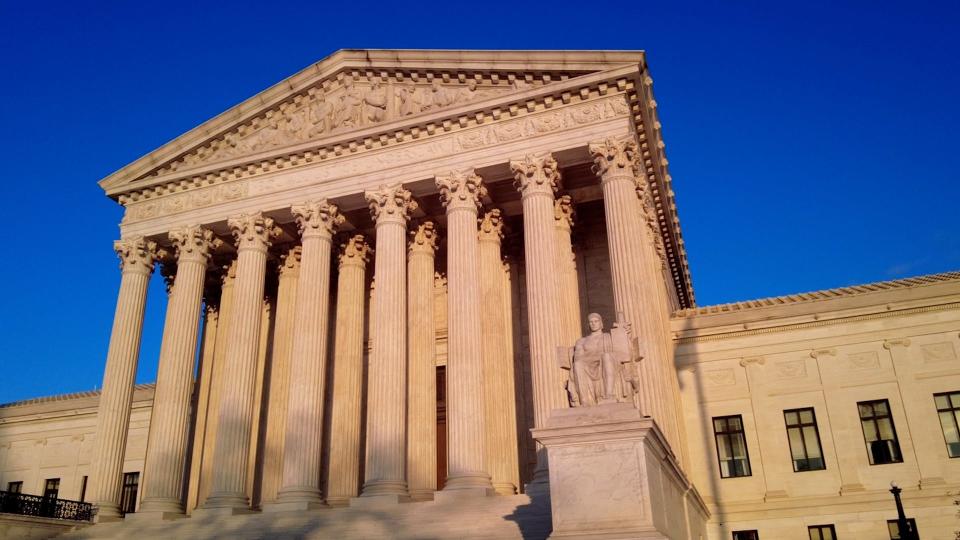If you think the Supreme Court is political now, change the number of sitting justices
Editor's note: This is a regular feature on issues related to the Constitution and civics education written by Paul G. Summers, retired judge and state attorney general.
In this column, we conclude our study of Article III, the judicial branch. In my years as a lawyer, I have learned that there is no courthouse in America where everybody agrees on everything about a dispute or controversy.
If there is a case, dispute, or disagreement involving a judge or a jury, someone has to make a decision. That is true in civil and criminal cases.
After a trial, half the folks walk out of the south side of the courthouse and say, “Well, you can’t get justice in that courthouse.” The other half walk out of the north door and say, “Well, justice was served today.” But somebody has to make a decision. The litigants could not.
That is why all states and the federal government in America have a justice system. Judges or juries decide disputes. They do not bring them, but they decide them. That is our system.
Another column by Paul Summers: Founding fathers did not intend for Supreme Court justices or other judges to be political
Judicial branch is not political like the legislative or executive branches
The third federal branch under our Constitution, the judiciary, is not political in that federal judges do not run for office every two, four or six years. Once a judge is confirmed by the Senate, he or she has a lifetime appointment. They are meant to decide cases based solely on the law and constitution, not on emotion or popular sentiment.
The Supreme Court is “the court of last resort”; the decision by the Court is final and subject to no appeal.

The judiciary affects each one of us. Please remember that the judicial branch is not political like the other two. That’s the crown jewel of a constitutional republic, the United States. The judicial branch acts as a checks and balance against abuse of power by the other branches.
We have challenges daily in our country. There is one issue around which a broad, nonpartisan majority of Americans can agree: “The Supreme Court of the United States shall be composed of nine Justices.” That is language of the proposed “Keep Nine” Amendment to the United States Constitution. It would permanently preserve the Court’s independence; promote the rule of law; and preserve checks and balances on abuse of power.
Our Constitution is silent on the size of the Supreme Court. Without an amendment setting the number of justices, a future Congress and president (regardless of party) could change that number (increase or decrease) for political advantage. This strategy is known as "court packing." Polling shows that by more than a 2-to-1 margin, voters would support the "Keep Nine" Amendment. Support among moderates and independents is overwhelming.
More: How the federal court system works and why the U.S. Supreme Court takes so few cases
Americans demand an independent judiciary
Both political parties, at times, have embraced “court packing.” Some suggest that a president with a majority in Congress might do that which FDR famously attempted, but failed, when he tried to pack the Supreme Court in 1937.
FDR sought to increase the number of Supreme Court justices and then allegedly fill those new positions with ideological allies. FDR's plan was rejected by the American people and Congress.
Nine justices have served the U.S. for 155 years, since 1869. "Court packing" would be a disaster for the nation and any party that embraced it. If one party packed the court, another party with a new majority would retaliate by packing the Court again. This political “table tennis” undermines both checks and balances of the Court and the rule of law. Americans demand an independent judiciary.
Reading the Constitution and Declaration of Independence are times well spent.
Paul G. Summers, a lawyer, is a former appellate and senior judge, district attorney general, and the attorney general of Tennessee. Raised in Fayette County, Judge Summers resides in Nashville and Holladay.
This article originally appeared on Nashville Tennessean: Supreme Court: Stay at nine justices for stability and tradition

